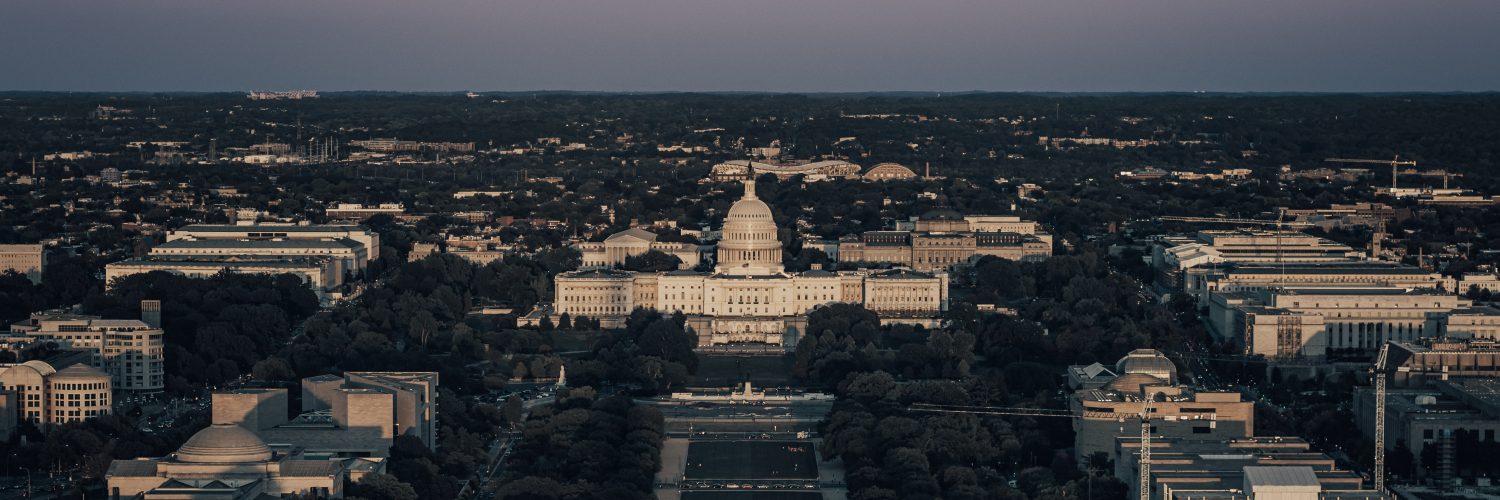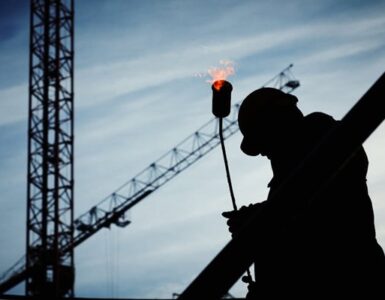Bipartisan agreement is not common in Washington today, especially regarding big-dollar and hot-topic issues such as public infrastructure. That’s why last week’s breakthrough on a $550 billion infrastructure package is a big deal.
Months ago, President Joe Biden proposed a more-than-$2 trillion infrastructure package that spanned everything from traditional infrastructure (roads, bridges, rail, etc.) to what has been dubbed “human infrastructure” (childcare, welfare spending, and more). Republicans quickly drew their line in the sand: yes on traditional infrastructure, no on anything else.
A bipartisan agreement between Republicans and Democrats in the Senate seems to have struck a balance. The Senate will take up a bill on physical infrastructure investment, but “human infrastructure” can come in another bill.
Republicans also opposed raising taxes to finance new spending. The negotiated version of this bill seems to have relieved their concerns: it pays for these new investments by utilizing unused COVID relief cash, funds leftover from states that refused an extension of enhanced federal unemployment insurance supplement payments, and several other sources.
After months of negotiating, Republicans and Democrats seem to have come to a filibuster-proof consensus on a more than 2,700-page infrastructure bill.
Bipartisan infrastructure team
Arizona Sen. Kyrsten Sinema and Ohio Sen. Rob Portman were the lead negotiators of the package that eventually garnered support from both Democrats and Republicans in the Senate.
The bill’s basic contours are as follows:
- $110 billion for roads and bridges
- $39 billion for public transit
- $66 billion for rail
- $55 billion for water and wastewater infrastructure
- Billions for “airports, ports, broadband internet and electric vehicle charging stations”
Should this bill pass, the 50-50 Senate will have overcome partisanship in a deeply polarized political environment and agreed on big-dollar spending amid deeply entrenched partisan warfare.
Speaking on the Senate floor, Sen. Sinema said, “I know it has been difficult. I know it has been long… that is what our forefathers intended.” Her comments come days after protestors were arrested outside of her Senate office during a protest of her stance against eliminating the Senate filibuster. Sinema’s office responded to calls for doing away with the filibuster in a statement: “The filibuster helps protect the country from wild swings between opposing policy poles.”
U.S. falling behind the pack in infrastructure
The American Society of Civil Engineers gives America’s infrastructure a C- rating. They note that there is a water main breakage on average every two minutes in the United States, that “43% of our public roadways are in poor or mediocre condition, a number that has remained stagnant over the past several years,” and that “an estimated one in five school aged children lacked the high-speed internet connection.”
Infrastructure investment has garnered bipartisan support for years, but until now no large-scale compromise has been reached on the matter.
In 2016 and 2020, then-candidate and then-President Donald Trump campaigned on even greater investments in American infrastructure. President Biden has done the same. Former Secretary of State Hillary Clinton campaigned on similar investments in 2016.
The U.S. Chamber of Commerce has helped lead the business community’s encouragement of bipartisan infrastructure investment. The Chamber led a coalition of more than 300 organizations that called for similar action on Independence Day 2021.
As the package nears completion, the Chamber-led coalition released a statement: “We applaud the bipartisan group of Senators – led by Senators Portman and Sinema – who worked tirelessly to achieve agreement on this much-needed infrastructure proposal… America’s productivity, global competitiveness and quality of life depend on all Members of Congress to make a durable commitment and outline a clear strategy that will invest in and modernize our crumbling roads, bridges, transit, rail, water and energy infrastructure, access to broadband, and more.”
While the jury is still out on whether this bipartisan infrastructure package can make it to the president’s desk, this is the best chance Congress has had in recent memory to unite both parties around momentous investments in public infrastructure.
















Add comment